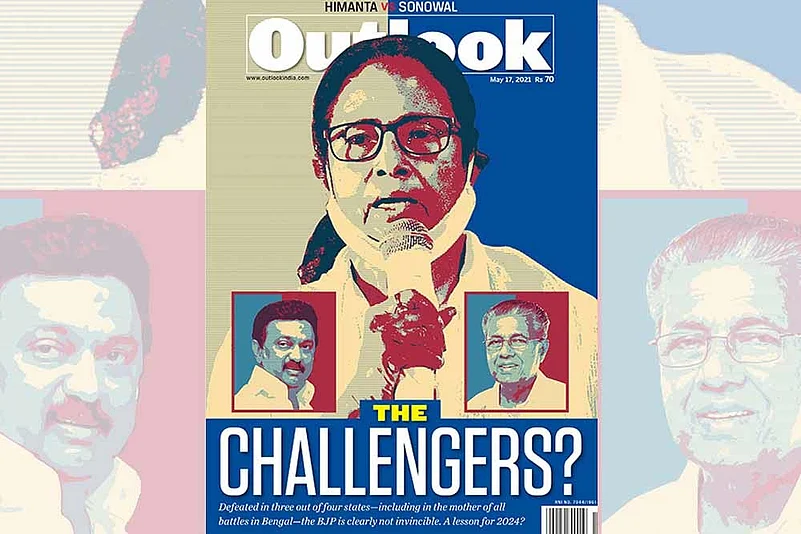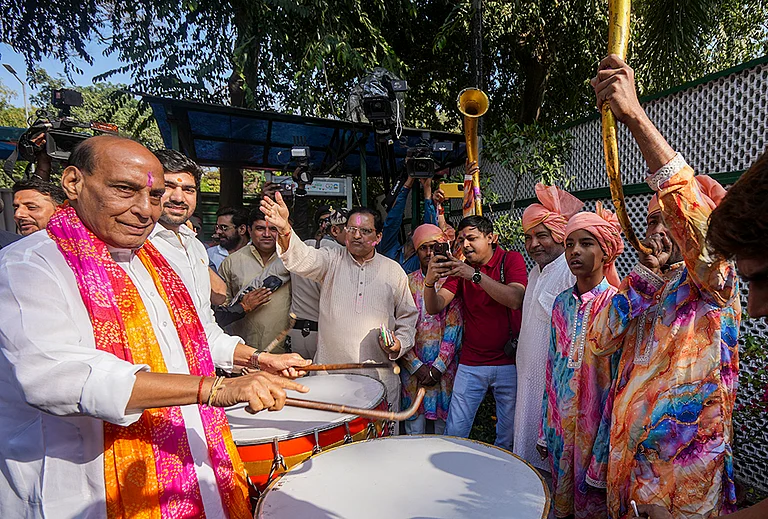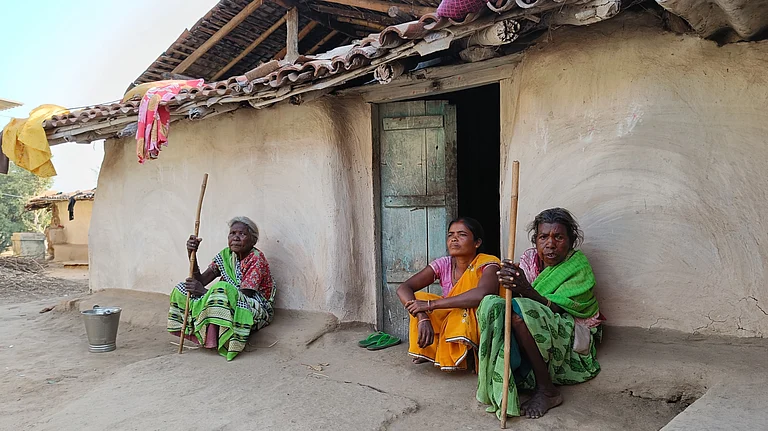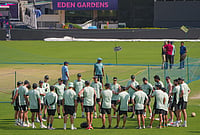Tamil Nadu has sent out multiple messages with its poll verdict. By returning DMK to power after 10 long years on an anti-incumbency plank against the ruling AIADMK, the state has rewarded in-coming chief minister M.K. Stalin’s patience and experience, traits found wanting in outgoing Edappadi K. Palaniswami (EPS). It’s also a vote for political stability, which EPS lacked despite a legislative majority. In comparison, Stalin’s father, late M. Karunanidhi, headed a minority government for five years from 2006, but did not let citizens feel it.
The continued marginalisation of the ‘national parties’ means Tamil Nadu remains Dravidian to the core. An over-ambitious and miscalculating BJP, like the Congress of yore, can now either toe the Dravidian line as a junior ally, or recede into the shadows. After winning a record four assembly seats in the AIADMK’s company, the decision will matter for the BJP, as their prospects in the Lok Sabha polls of 2024 appear increasingly unsure. Tamil Nadu as a swing state has 39 MPs, but the BJP’s alliance-leader has to re-invent itself, after anticipated post-poll rebellion within the AIADMK.
ALSO READ: Positive Result, Negative Time
For Stalin, whose strategy owes to patience and experience, observers feel the long wait for the hot seat is finally over. For a cadre-based, tradition-bound party, Stalin readily accepted the need for professional help—of Sunil in 2016 and the latter’s mentor Prashant Kishor in 2021. Having been assured of his own position at the helm of the party after his father’s death, he used their inputs to promote the prospects of the alliance over that of his party.
In comparison, EPS still appeared tentative, despite being a fairly successful chief minister over four years. He put inner-party competition with O. Panneerselvam (OPS), his immediate predecessor and later his deputy chief minister, over that of the challenge posed by the DMK alliance. This meant EPS’s poll strategies centred on him and no one else—ultimately leading to the party’s defeat.
ALSO READ: Broken Arrow
Learning from the experience of 2011 and 2016—when ally Congress snatched 63 and 41 seats, respectively, but won only five and eight—Stalin contained them to 25 seats this time. The result—Congress won 18 seats with the highest strike rate of 72 per cent for any party this time, while the coalition leader DMK polled 34 per cent votes and won 133 seats, including those of allies like MDMK, which contested on the party’s Rising Sun symbol. In all, DMK’s allies won nearly 40 of 60 seats, or two-thirds, against AIADMK allies winning nine of 43 seats (PMK 5, BJP 4).

Stalin now has his hands full, from Covid management to economic crisis, with an inherited Rs 5-lakh crore debt and slowed down GST recovery from the Centre, among others. On top of this, he has to deliver on poll promises like putting Rs 4,000 in the hands of every family—not as a freebie as critics deem, but as stimulus for local economic recovery as experts have been arguing at the national level. His choices of ministers, especially for health, finance and industries—to reinvigorate the economy, create jobs, and restore family incomes and government revenues—will be critical.
ALSO READ: What Did I Do!
The CM-elect has begun well, promising to work with predecessor EPS for the common good of the state. But, with the BJP at the Centre, he will have to walk the tightrope. Apart from pressure to ditch the Congress in the state, Stalin will have problems over NEET, NEP and other identity issues unique to the state, which PM Modi has simplistically portrayed as “language and culture issues” in his post-poll message to Tamil voters.
But then, these are also issues over which the unbending Supreme Court is the final arbiter. Stalin has time till the 2024 general elections to prove that he can achieve as much at the national level, while delivering on local promises, expectations and aspirations.
ALSO READ
Moorthy, a political analyst and columnist, is Distinguished Fellow and Head of Chennai Initiative, Observer Research Foundation. He is also the author of Justice Party to Jayalalithaa, and Jallikattu: The New Symbol of Tamil Angst. Views expressed are personal.


















